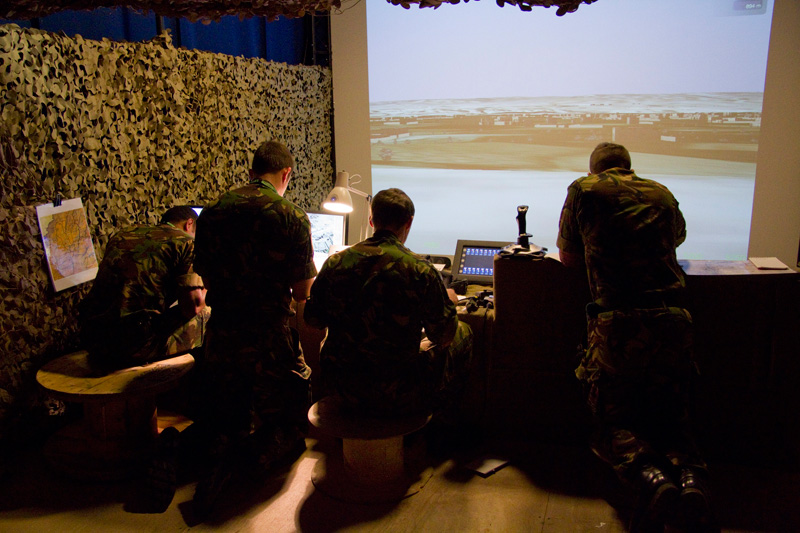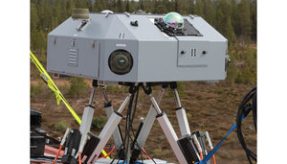
RAF pilots from different locations will now be able to train together in virtual environments thanks to QinetiQ’s iASTC contract.
The new system will allow the simulators at the Main Operating Bases to be connected, meaning RAF Typhoon pilots at RAF Coningsby, RAF Lossiemouth and RAF Waddington can train together in virtual environments.
The project is an addition to QinetiQ’s ongoing Distributed Synthetic Air Land Training (DSALT) contract with the UK Ministry of Defence (MoD), which provides synthetic mission training at RAF Waddington’s Air Battlespace Training Centre.
Signed in March 2017, the interim Aircrew Synthetic Training Capability (iASTC) contract will see existing BAE Systems’ simulators integrated into the DSALT system. Valued at £9.5M the contract is split between QinetiQ, and BAE Systems and will see mission training enhanced.
Brian Dryburgh, programme manager for synthetic training, QinetiQ, said: “QinetiQ’s work on iASTC will build on the hugely successful DSALT capability to demonstrate the concept of interoperability. The project is a great example of the ‘whole force approach’, relying on the key concepts of trust, innovation and collaboration to provide a step change in capability for the Typhoon Force. Removing the need for pilots to travel to RAF Waddington will improve access to essential training, in complete safety, at the point of need, and will reduce time spent away from the frontline.”
DSALT exploits technology developed for industries such as the gaming and banking sectors to provide virtual training for contingent operations to the British Armed Forces. It enables troops and aircrew to train alongside international partners in sophisticated simulated environments in real time.
If you would like to join our community and read more articles like this then please click here
BAE Systems DSALT iASTC QinetiQ RAF simulators Training Typhoon








